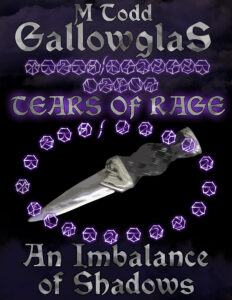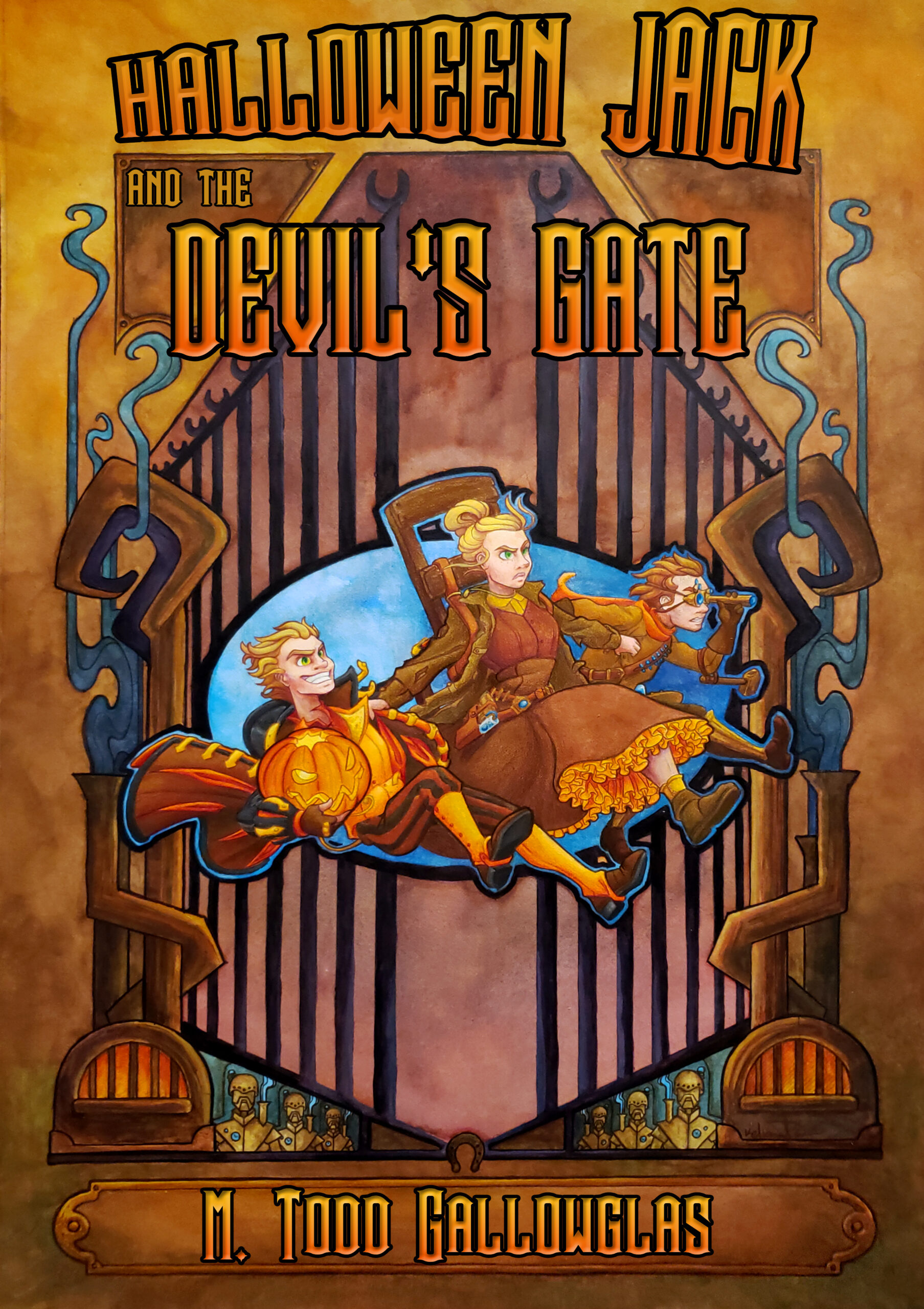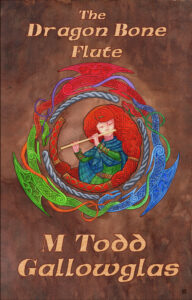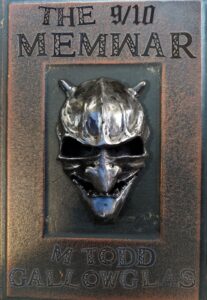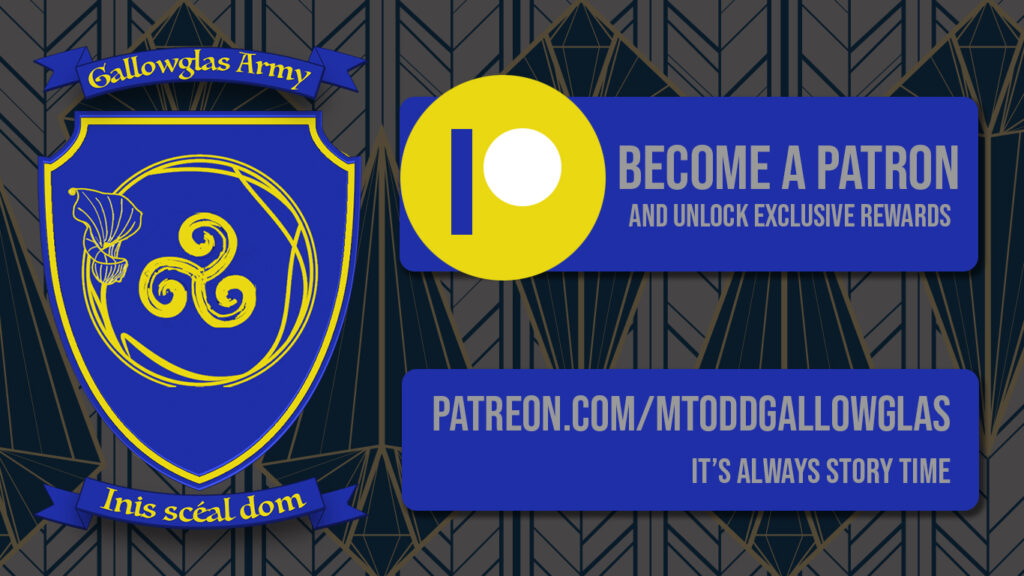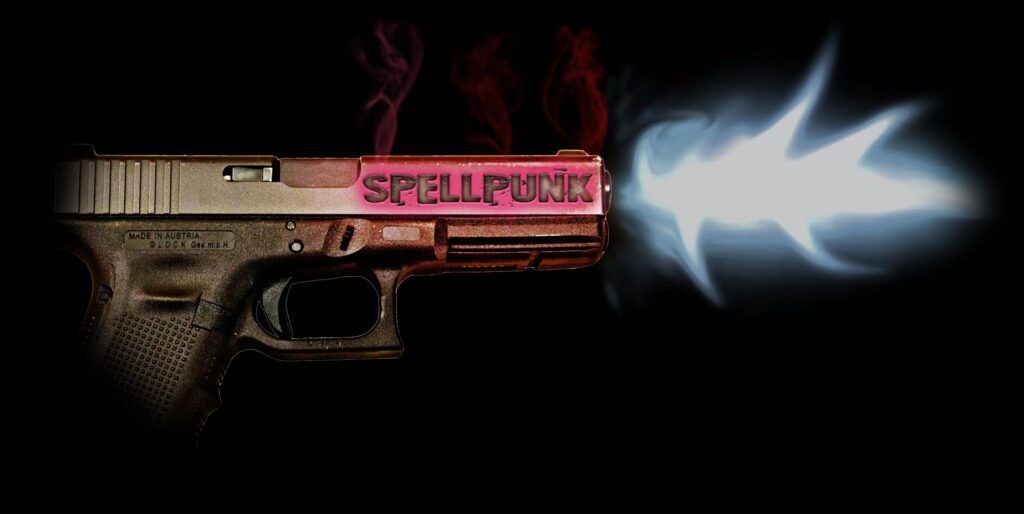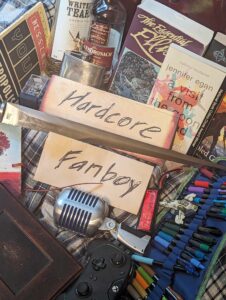What Is Dead Weight?
Over the last few weeks, I’ve been posting to Facebook, Twitter, and Google+ details and excerpts about my current work in progress: Dead Weight. Some people have been asking about it, wanting more details, and so, I’ve decided to spill the beans about Dead Weight, both what it’s about and where the concept of the story came from.
 Back in my first semester after transferring to San Francisco State University, I took the class, Fundamentals of Creative Reading. This was one of the first two classes required by all Creative Writing students. To be honest, I dreaded this class, fearing it would be as tedious as the Lit classes I suffered through as lower-division courses before I transferred. It turned out to be my favorite class that semester and opened my eyes on how to view fiction as a reader rather than as an academic. One of the first stories assigned in this class was “The Things They Carried” by Tim O’Brien. In a nutshell, it’s a story about a platoon in Viet Nam and all the things they carry, both physically, mentally, and spiritually that weigh them down as they trudge through the jungles of Southeast Asia. In my two-hour commute from San Francisco back to Sacramento, I got to thinking, “What would a platoon of US Marines have to carry if we went to war against the fey of Irish Mythology?” That question burbled in the back of my mind for the rest of that semester and through summer school, until the next semester when I took Short Story Writing 2.
Back in my first semester after transferring to San Francisco State University, I took the class, Fundamentals of Creative Reading. This was one of the first two classes required by all Creative Writing students. To be honest, I dreaded this class, fearing it would be as tedious as the Lit classes I suffered through as lower-division courses before I transferred. It turned out to be my favorite class that semester and opened my eyes on how to view fiction as a reader rather than as an academic. One of the first stories assigned in this class was “The Things They Carried” by Tim O’Brien. In a nutshell, it’s a story about a platoon in Viet Nam and all the things they carry, both physically, mentally, and spiritually that weigh them down as they trudge through the jungles of Southeast Asia. In my two-hour commute from San Francisco back to Sacramento, I got to thinking, “What would a platoon of US Marines have to carry if we went to war against the fey of Irish Mythology?” That question burbled in the back of my mind for the rest of that semester and through summer school, until the next semester when I took Short Story Writing 2.
The first iteration of Dead Weight was a 30 page short story I wrote for that short story class. It’s about a journalist in his early twenties who accompanies a platoon of Marines into Faerie as their “bard.” In the mystical laws of the Dead Weight universe, people who spend too much time in Faerie begin to forget our world, and the real world forgets as well. The only way to counter this is for those going into Faerie to carry objects of emotional significance, and if they die, the only way for their memory of them to remain in our world, is for someone to bring those objects back. That’s why every team of soldiers that goes into Faerie must have an artist of some kind to record their story and make sure to bring those items back. These artists are called, “bards,” and they must remain strictly observers. By doing so, the mystical laws dictate no harm will come to them while they traverse through Faerie. As it happens with many war stories, casualties mount as the mission continues, and the journalist must carry the fallen soldiers’ dogtags and personal objects. As time goes on, he equates these things he must carry to Frodo’s burden of the One Ring.

My beta readers who I shared the initial short story with before workshopping it in my Short Story 2 class said even the very rough draft was the best thing I’d ever written. The same semester, I also took Craft of Fiction and Characterization. Toward the end of the semester, I realized that several of the weekly exercises I’d done for those classes took place in the greater world of Dead Weight. The semester after that, I did an Independent Study class with Alice LaPante, and we dove into Dead Weight. She helped me flush out the world of Arcadia as it appears in the world in my head by having me read the Hugo award winning story, “The Ones Who Walk Away From Omelas” by Ursula K. Le Guin and then write a comparable piece. We worked that piece over eight times, each time solidifying the vision of Faerie in the world of my story. We retooled the new opening, which I wrote by bringing together several exercises from classes taught by Matthew Clarke Davidson. My final semester, I decided to make Dead Weight the focus project for my Work in Progress class, which helped me flush it out even more. The more I explored other aspects of Dead Weight, I’ve realized that it’s a complex and convoluted story became. (I know, that’s so out of character for my writing.) I discovered that I had four to five (depending on how you look at them) different narratives set in San Francisco and Arcadia playing out across three distinct timelines. Because of these narrative wierdnesses, I decided to experiment with some unconventional non-linear storytelling techniques.
 Dead Weight is grim and gritty. More so than anything else I’ve written before or since; it is not a tale for those with soft sensibilities. In the first few drafts, I had some gut-churning stuff that drove a wedge between me and someone very close to me. I’d put the subject matter into the story without any context. In hindsight, I can see how it seemed I was just throwing in sensational subject matter for shock value and controversy, which seems to be the running trend in a lot of fantasy fiction over the last ten years or so. Due to some of the subject matter, I’ve pretty much left it alone, barring a little fiddling with Dead Weight since graduating with my BA.
Dead Weight is grim and gritty. More so than anything else I’ve written before or since; it is not a tale for those with soft sensibilities. In the first few drafts, I had some gut-churning stuff that drove a wedge between me and someone very close to me. I’d put the subject matter into the story without any context. In hindsight, I can see how it seemed I was just throwing in sensational subject matter for shock value and controversy, which seems to be the running trend in a lot of fantasy fiction over the last ten years or so. Due to some of the subject matter, I’ve pretty much left it alone, barring a little fiddling with Dead Weight since graduating with my BA.
Well…until just a short while ago. Then… BAM!
I’m not sure why Dead Weight shoved its way to the forefront of my mind. Perhaps my subconscious realized that I need the challenge to jump-start my writing. On the other side of the coin, I might have needed to get some of Tears of Rage and Halloween Jack out of my system first. Now that I really consider it, I think it’s all of those, but it’s also Dead Weight’s time. I’m mature enough as a writer and a person to deal with the places where this story needs to go. Working on Dead Weight has really forced me to earn every page of the fiction. Not just in exploring some of the darker aspects of the human psyche, but also in smashing the worlds of ancient Irish Legend up against a believable version of our world in the near future.
I’m experimenting a bit with how I publish Dead Weight. Taking a page out of the playbook of fellow indie-writer pal Hugh Howey, I’m breaking Dead Weight into six stories. The first will be out by the end of January, 2014. I’ll intersperse the next five between other projects I’ve got going, with the goal to have the combined ominbus in both print and ebook editions by the end of the year. IN a perfect world, you should be able to read the first three Dead Weight stories before I seriously jump into doing faires this year.
Just as one last warning: Dead Weight is not for the easily offended no matter what your political, spiritual, and/or moral leanings. It is definitely not a story for children. I know I won’t be letting MY kids read it. Yeah, I know that’s not the best way to pitch my upcoming book, but there it is. Just like with Tears of Rage, I understand that Dead Weight isn’t everyone’s cup of tea. Come to think about it, that might not be the way to have a successful writing career, but then, just like in Dead Weight sometimes the work chooses the artist, rather than the artist choosing the work.
